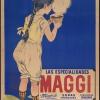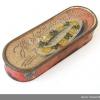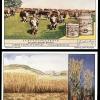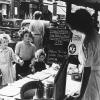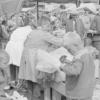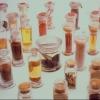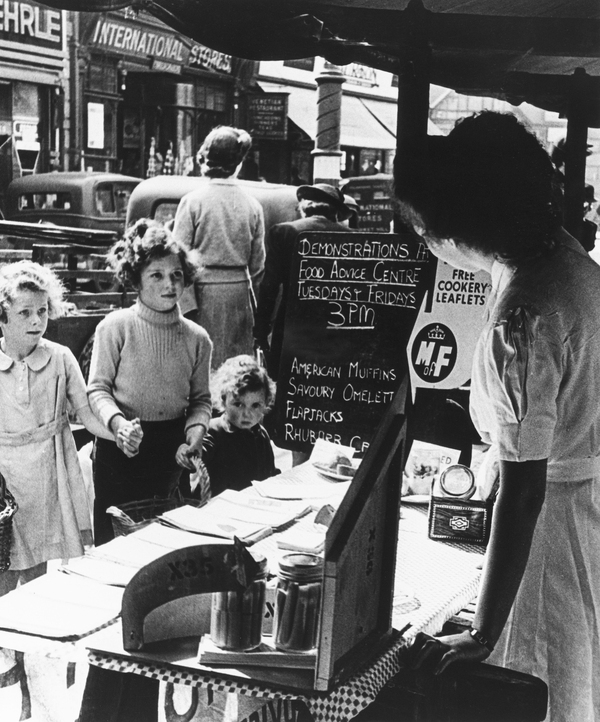Healthy substitutes
Food substitutes are generally considered to be less tasty, and often unhealthy. They are usually invented to replace items that are too expensive or inaccessible for other reasons. A good example is military conflicts that drained massive resources from the national economies while also hindering international trade.
During the Napoleonic Wars, foods like chicory and roast barley were used in place of coffee – and in places like Germany they remained the "coffee" of the lower classes for many years. The shortages of virtually all resources during both world wars pushed inventive minds to seek substitutes for many types of food, such as meat, flour, coffee, butter, and sugar.
In 1917, the National Economy Exhibition in Great Britain promoted a non-sugar cuisine for children. Barley flour for making cereals was advertised as being sweet enough without sugar; similarly, agar-agar made of seaweed was suggested as a replacement of ordinary jelly. Using honey to sweeten tea was praised as "the best of all substitutes" for sugar. During the Second World War, kids faced a problem bigger than unsweetened tea – the shortage of ice cream and chocolate.
 Previous Story
Next Story
Previous Story
Next Story
How to cite this page
Slawomir Lotysz, 'Healthy substitutes', Inventing Europe, http://www.inventingeurope.eu/story/healthy-substitutes
Sources
- Freedman, Paul. H. Food: The History of Taste. Berkeley: University of California Press, 2007.
- “No Sugar in Children's Kitchen.” The Times, June 20, 1917: 3.





